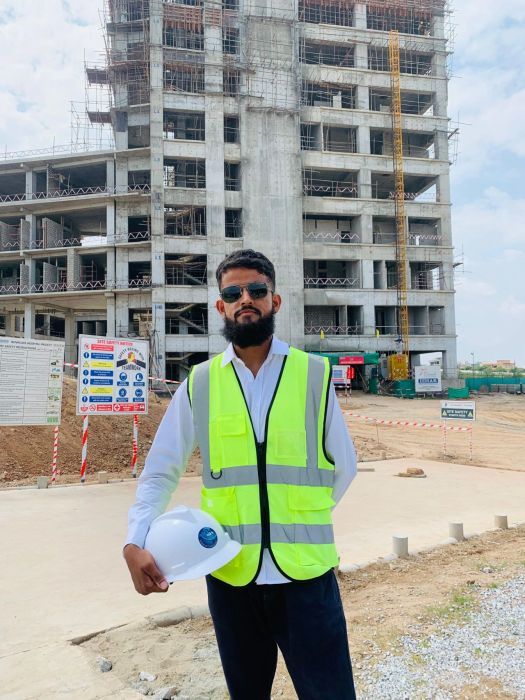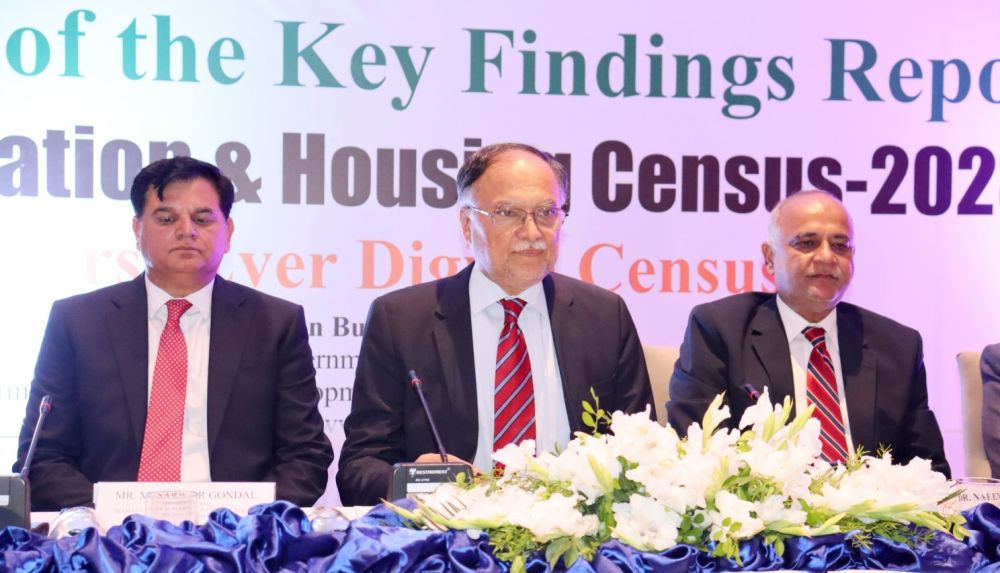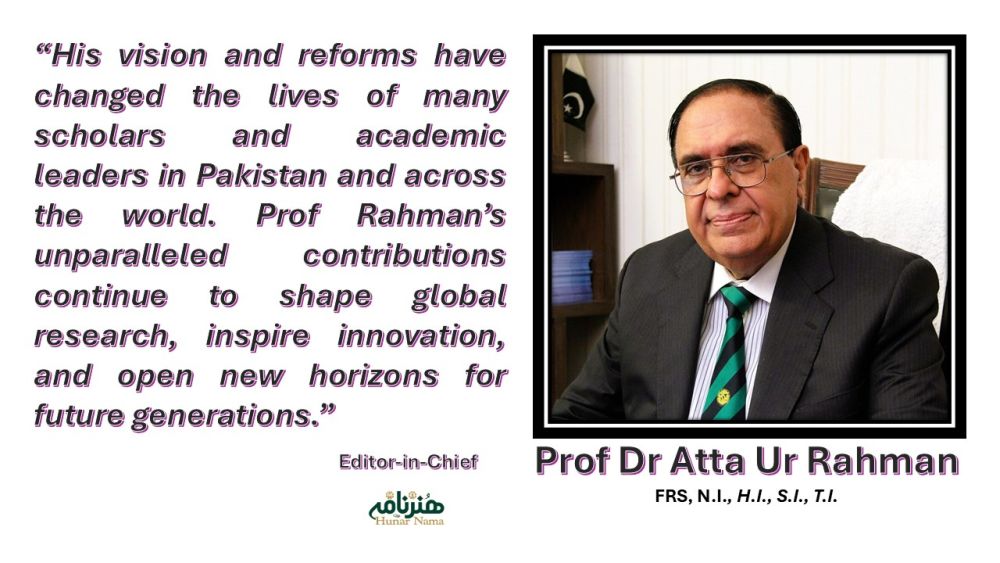206/25 From Vision to Impact: How Pakistan’s National Skills University Islamabad is Powering the Next Wave of Technological Advancement
Posted 4 months ago
CONGRATULATIONS Mr. Usman Iftikhar
When Pakistan’s National Skills University Islamabad (NSU) was founded, its mission was simple yet profound: to create an institution where young men and women could be prepared for jobs and leadership in a rapidly evolving technological landscape. Today, success stories from its graduates are proving that this vision was not just timely—it was transformative.
An NSU graduate recently announced on LinkedIn his appointment as Assistant Project Engineer at MIA Corporation, Pakistan’s leading HVAC solutions provider. Beyond the personal achievement, this milestone signals something far greater: that skills-driven education is beginning to produce the workforce Pakistan needs to compete in an increasingly technology-dependent global economy. Working on the prestigious Novacare Hospital project in DHA-5 under the British Health Council, this young professional represents what NSU was designed to achieve, bridging education with real-world innovation.
The Founding Vision: From Ground Zero to a National Model
According to Professor Dr. Muhammad Mukhtar, as the founding Vice Chancellor of NSU, I witnessed firsthand the challenges and opportunities of building an institution from scratch. It was not about producing degree-holders, it was about producing problem-solvers. We needed to prepare students for industries where technologies change every few years, and only those equipped with hands-on skills, adaptability, and entrepreneurial spirit can thrive.
Creating curricula aligned with industry needs, investing in laboratories, hiring faculty who could teach by doing rather than lecturing, and nurturing a culture of innovation were central to NSU’s foundation. Every program was designed with one question in mind: How will this help Pakistan leap forward in technology, productivity, and sustainability?
A Call for Scaling the Model
While NSU is today a leader of skills-focused education, one institution alone cannot carry the weight of Pakistan’s workforce transformation. Suppose the country is to seize its rightful place in the global economy. In that case, it needs dozens of National Skills Universities across provinces, each empowered by visionary leadership and supported by long-term government investment.
The stakes could not be higher. Pakistan’s demographic dividend, its young and ambitious population that is sufficient in number, will either become the backbone of economic growth or a missed opportunity if not given the right platforms. Governments worldwide are doubling down on technical and vocational education as the foundation of innovation. Pakistan must follow suit, ensuring that its higher education landscape is not dominated solely by theory but by applied, industry-ready knowledge.
Leadership as the Defining Ingredient
Institutions like NSU are not just built on infrastructure; they are built on leadership. Governments often underestimate the importance of placing dynamic, forward-looking leaders at the helm of universities. Without leadership that understands industry needs, global trends, and the aspirations of youth, even the best-funded initiatives can falter.
NSU's success demonstrates what is possible when leadership, vision, and resources align. The next generation of engineers, technicians, and innovators emerging from its halls is already working on projects that impact healthcare, infrastructure, and sustainable technologies. Multiply this model across the country, and Pakistan could become a hub of skilled professionals driving regional innovation.
A Future Worth Building
Every story of an NSU graduate excelling in the workforce is more than an individual success; it proves that Pakistan’s future can be different. It shows that with the right education ecosystem, young people can be empowered to contribute meaningfully to national progress and global innovation.
The government must recognize that investing in institutions like NSU is not just about education; it is also about economic security, technological sovereignty, and social stability. Pakistan cannot afford to let its young talent be underutilized in an era when skills are the currency of global competitiveness.
The journey of a young Assistant Project Engineer at Novacare Hospital is just one example. Still, it carries a powerful message: when vision translates into institutions, institutions produce graduates, and graduates shape nations.





